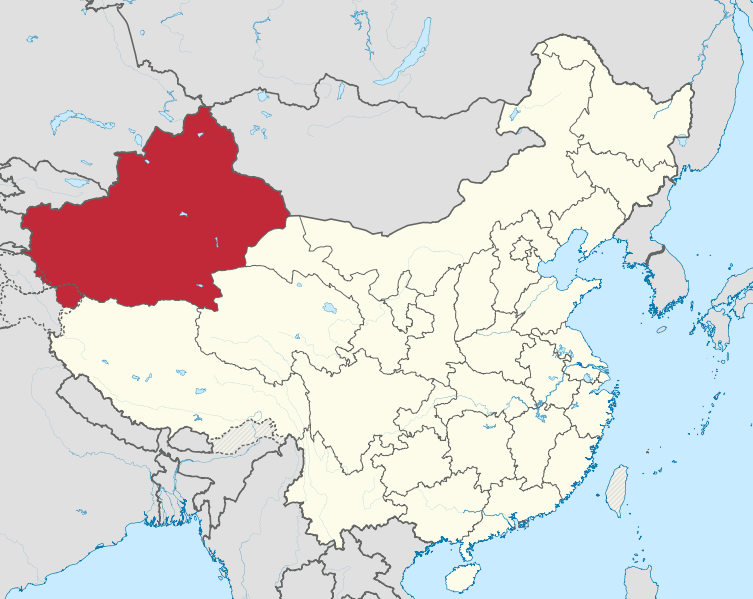Ethnic Uyghur Muslims have been subjected to years of abuses, says UN Human Rights Office
GENEVA (AA) – The United Nations Human Rights Office said Friday that it does not have “meaningful” or “other” access to China’s Xinjiang Uyghur Autonomous Region.
UN High Commissioner for Human Rights spokesman Rupert Colville said his office has no permission from China to access Xinjiang, where ethnic Uyghur Muslims have reportedly been subjected to years of abuses of their identity and culture.
“We’ve had no access to Xinjiang, meaningful or otherwise,” said Colville in an answer to a question from Anadolu Agency at a UN news conference. “Obviously, this is not the only avenue we’re pursuing.”
He said the UN Rights Office chief Michelle Bachelet is “finalizing an assessment of the available information we have on allegations of serious human rights violations in Xinjiang to make that public sometime down the line.”
Since she assumed office in 2018, Bachelet has been calling on China to allow her office access to the Xinjiang Uyghur Autonomous Region.
At the Human Rights Council on Sept. 13, she said she was sorry that there was no progress on the issue.
According to the UN data, at least 1 million Uyghurs are kept against their will in places Beijing calls “vocational training centers” and the international community defines as “re-education camps”.
China does not provide information on how many camps there are in Xinjiang, how many people there are, and how many of them have returned to social life.
While the UN and other international organizations reiterated their calls for the camps to be opened for inspection, China has allowed a few of its designated centers to be partially viewed by a small number of foreign diplomats and journalists.
Several countries have accused China of ethnic cleansing of Uyghurs in Xinjiang,
Beijing has denied any wrongdoing, dismissing the allegations as “lies and (a) political virus”.

